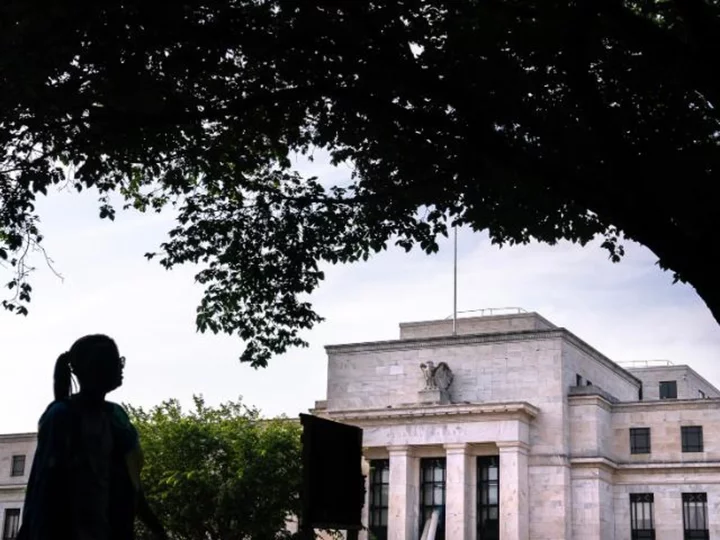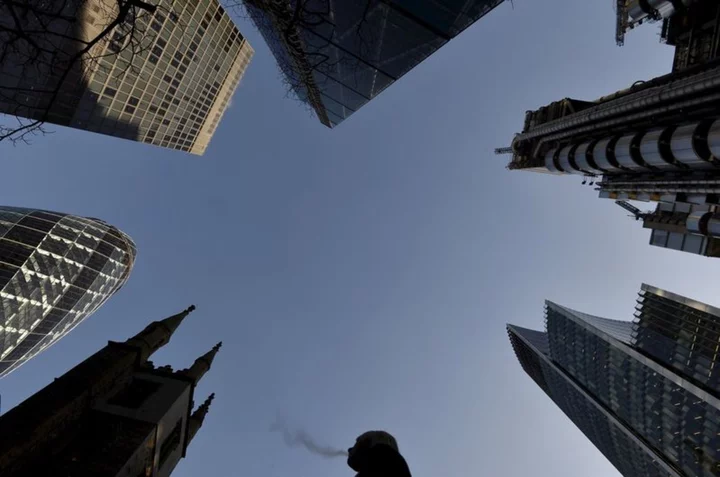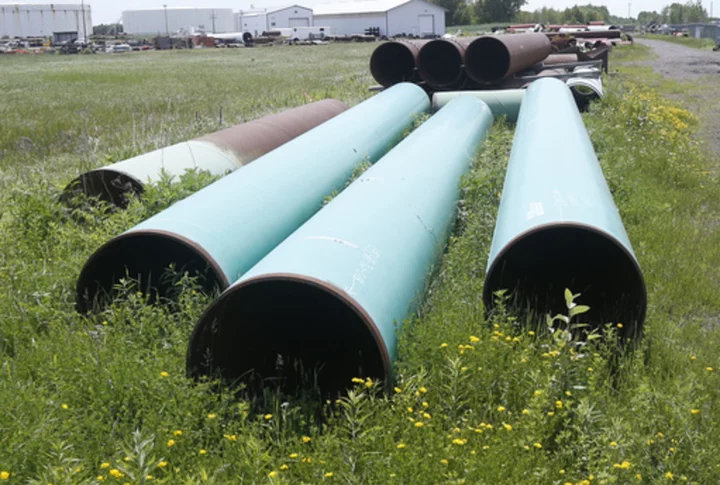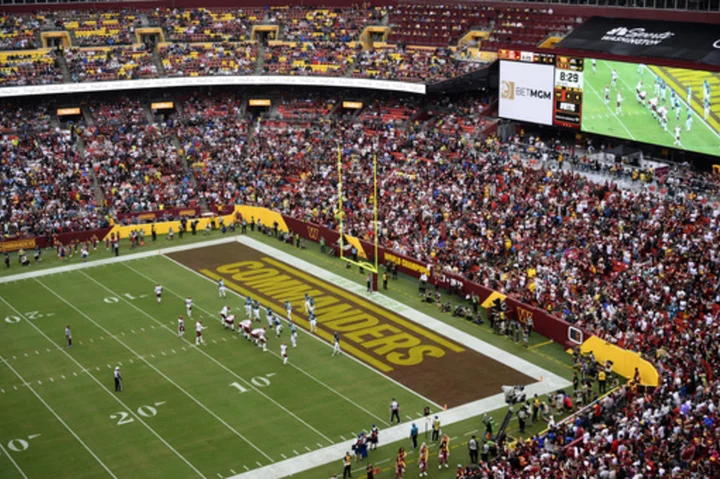The Federal Reserve is set to release the results from its annual bank stress test on Wednesday after US markets close. The tests, born out of the Great Recession, are undertaken in order to determine if the nation's largest banks can withstand a severe economic downturn.
The results will be especially scrutinized this year, after the collapse of three US banks sent shockwaves through the global banking system. But it's unlikely the stress tests will reveal bank vulnerabilities that could prevent a future bank failure, said Francisco Covas, head of research at the Bank Policy Institute, a trade group representing many of the country's largest banks.
That's because no stress test scenario could perfectly predict the conditions that would cause a bank to collapse. And besides, that's not the purpose of stress tests, said Covas, a former Fed economist who developed some of the central bank's early stress tests.
2023 stress test scenario
Under this year's scenario, or hypothetical recession condition, the unemployment rate rises by 6.5 percentage points over the course of two years. In last year's scenario, the unemployment rate rose by 5.8 percentage points.
This year's scenario also features a more extreme and rapid decline in home prices of 38% versus last year's 28.5% decline. But no changes were made with regard to commercial real estate, an increasingly troublesome area for banks, as many offices remain vacant. Like last year, the scenario assumes a 40% plunge in commercial real estate prices.
Additionally, banks with large trading operations will be tested against a global market shock component that stresses their trading, private equity, and certain other fair-valued positions," according to the Fed's February report detailing the 2023 stress test scenarios. Almost all of those banks will also be tested against "the default of their largest counterparty."
And for the first time, US banks deemed systemically important globally — aka "too big to fail" — will face an additional "exploratory market shock" that poses a different set of risks than the global market shock component.
The Fed's report will include firm-specific results for the exploratory component, but they won't be used to set banks' capital requirements.
The firm-specific results could "give us light into which banks could experience more stress [in a recession]," said João Granja, an accounting professor at the University of Chicago Booth School of Business who specializes in banking regulation.
The test scenarios were designed before the banking crisis
Fed officials update the stress test scenarios each year to capture the latest vulnerabilities in the economy. This year's scenarios were selected before the bank failures and have not been updated since.
But it would have been prudent for the Fed to update the scenarios, given what they've learned about the nature of the recent bank failures, said Granja.
Silicon Valley Bank, Signature Bank and First Republic Bank failed in part because they weren't prepared for an environment with rising interest rates coupled with a shrinking deposit base. Yet the scenarios for this year's tests assume interest rates will fall, which is generally the case in a recession.
Still, the stress tests should produce meaningful results that the Fed will use to determine if banks are sufficiently capitalized to absorb losses during a severe recession, said Covas. That's partly because this year's "severely adverse" scenario is even more painful than last year's, he said.
Will any banks fail the test?
Even though the scenarios are more severe, Covas thinks all 23 banks undergoing the Fed's stress tests will pass because "they are so well capitalized."
That said, this year's adverse scenario is likely to result in much steeper loan losses for banks due to their commercial real estate exposure, he told CNN. That would probably lead the Fed to impose tougher capital requirements on some banks.
Tougher requirements, in turn, would cause banks to revisit how much money to allocate to their business versus to shareholders through dividends and stock buybacks, he said.
It's a misconception that "if no bank fails these stress tests are not useful," or the tests were too easy, Covas said. Ultimately the tests are meant to determine if banks are well-capitalized relative to the risks they're taking on.
"You really don't need a stress test to figure out that SVB had some significant issues," he added.









